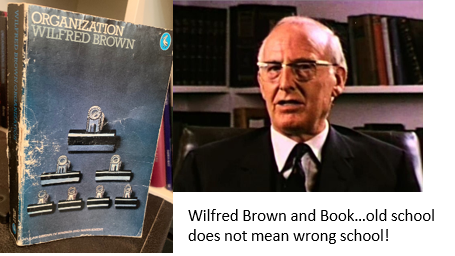Posted by Adam Thompson on the 04th December 2015
“Run me through what you’ve asked Adrian to do.” I was grabbing lunch with Maria, GM of People & Culture. Adrian was her Senior Manager Organisational Development.
“I’m asking quite a bit” said Maria. “I need him to roll-out a number of programs to get our people better across the board”.
“Give me the top three” I asked.
Maria laughed; “I knew you were going to make me focus on priorities. OK, the top three are….
One, all managers will be going through difficult conversations training,
Two, all staff will undergo workshops to design to improve resilience…”
I must have raised my eyebrows or some other ‘tell’, as Maria paused for a second. Then she went on…
“and thirdly, we’re going to do targeted productivity workshops to lift the amount of work we can do in certain areas”.
I nodded. “Sounds like a fair bit, as you said.”
“But……” Maria asked.
“But…Adrian is your Senior Manager of OD right?”
“Yep”
“And the ‘O’ stands for Organisational”
“Yep”. Maria frowned.
“So what are you going to ask Adrian to deliver that will actually develop the organisation?”
“What do you mean?”
“Well, what do you consider to be ‘the organisation’.”
“The people” she replied quickly.
“I know what you mean, but I can’t get past the fact that people come into the organisation, people leave the organisation, yet the work mostly just keeps going. So we can’t just say ‘the people’.”
Maria started to answer then stopped. She stared at me, not moving, then after a few seconds started slowly stirring her coffee.
“You know” she said, “after more than 20 years of working in this field, I’ve never actually considered what ‘the organisation’ is. What I’m actually asking Adrian to help ‘develop’. Is that bad?”
“Maybe. But I know one thing for sure.”
“What’s that?”
“You’re not alone.”



